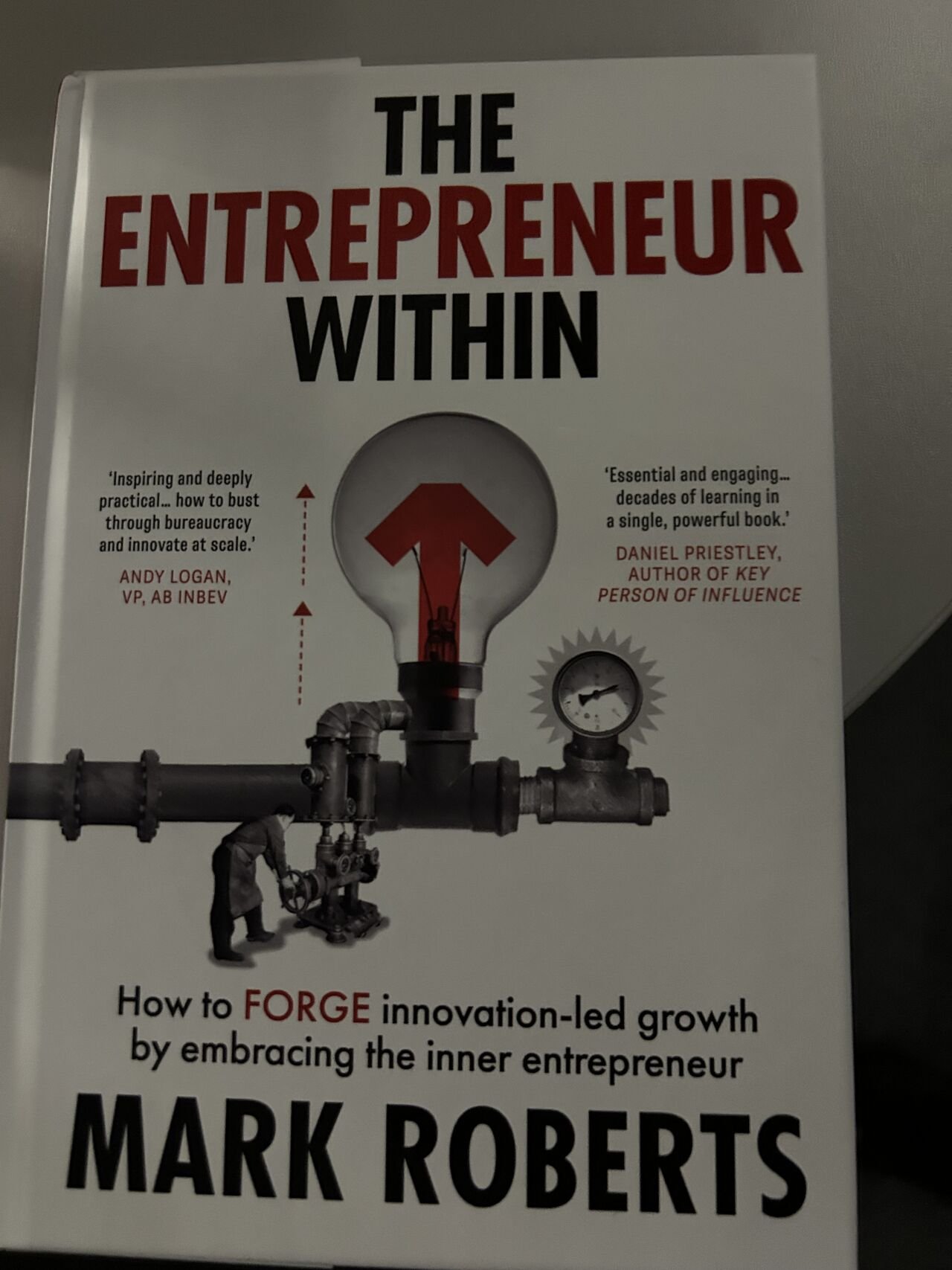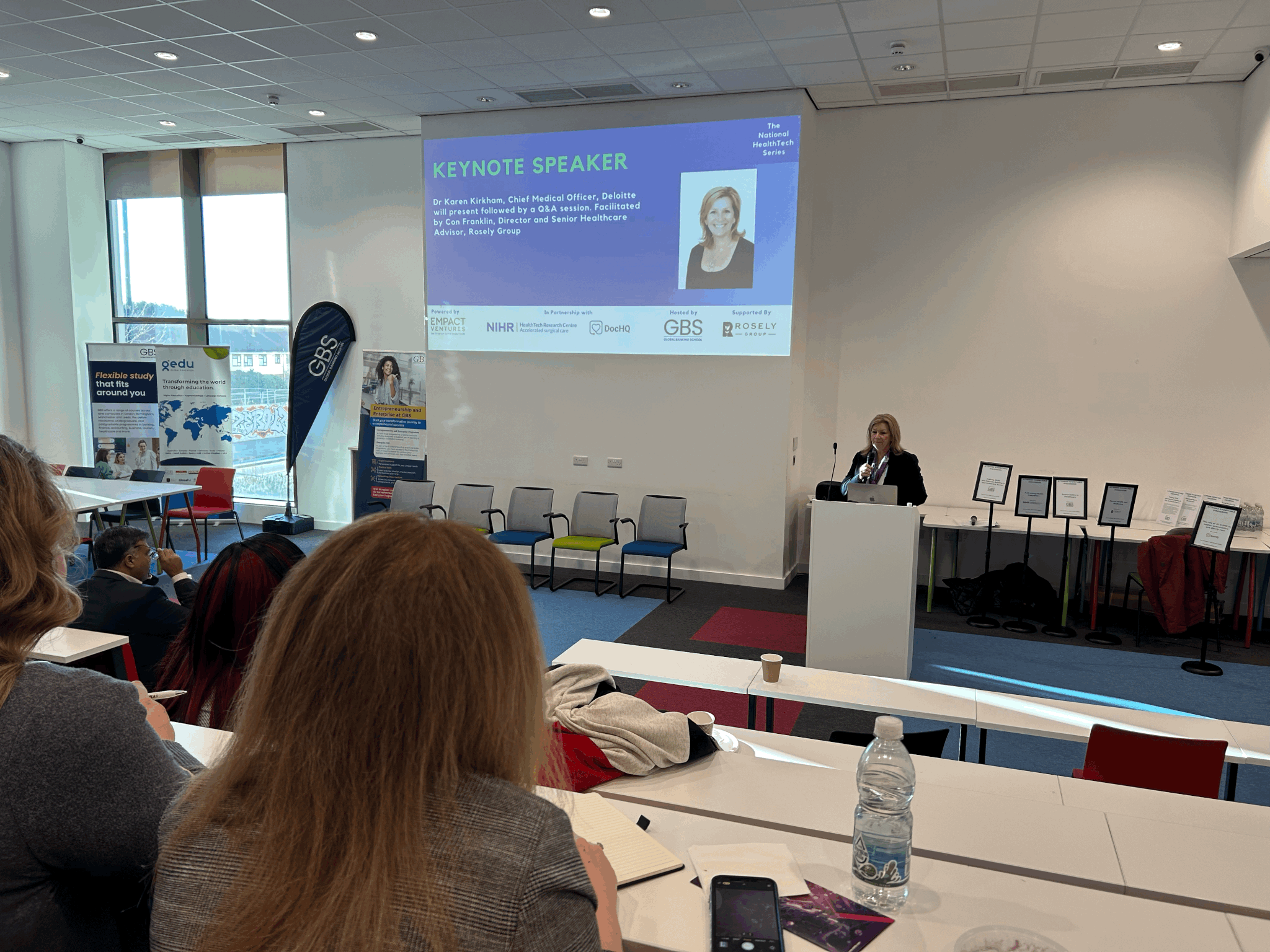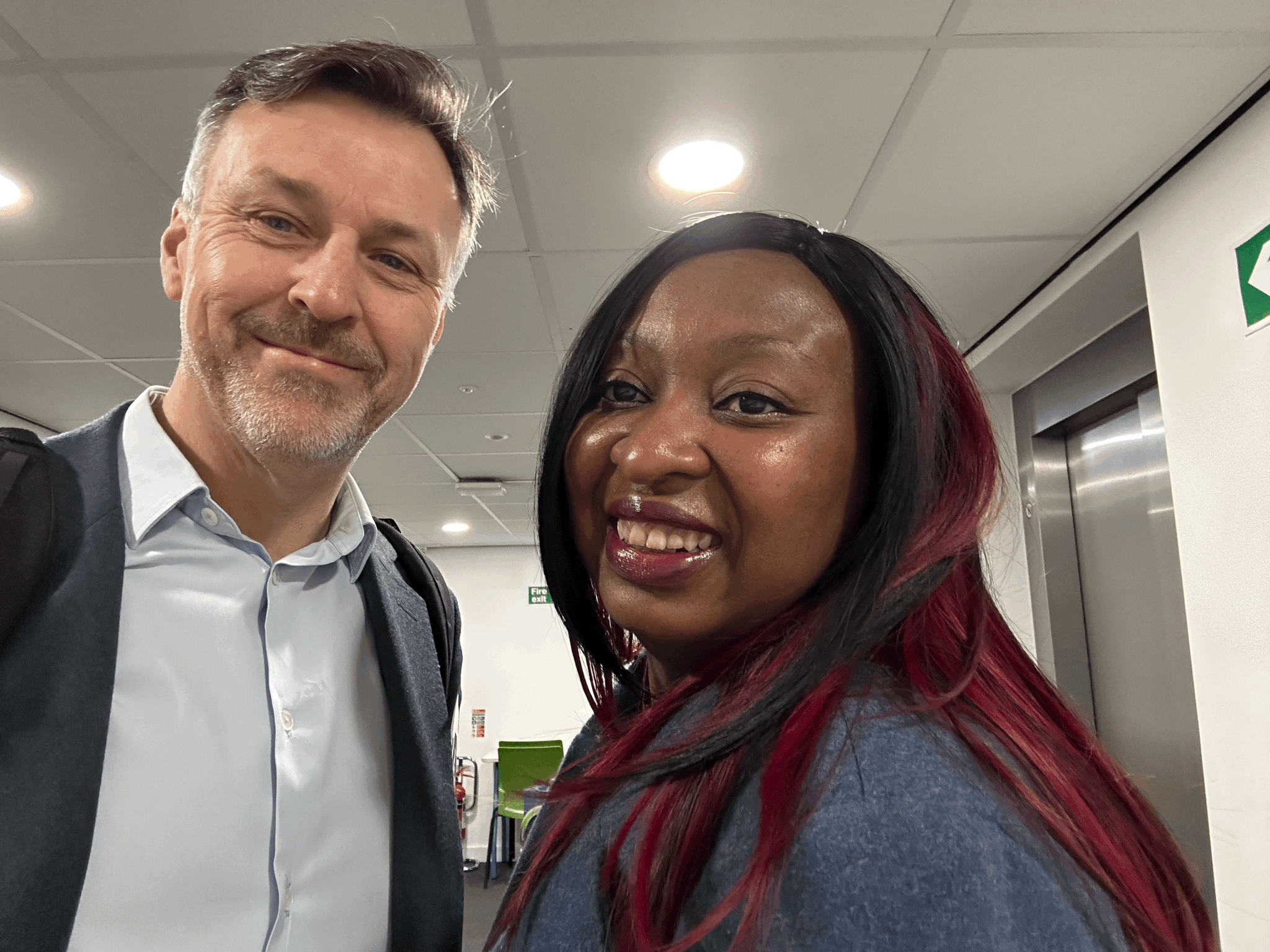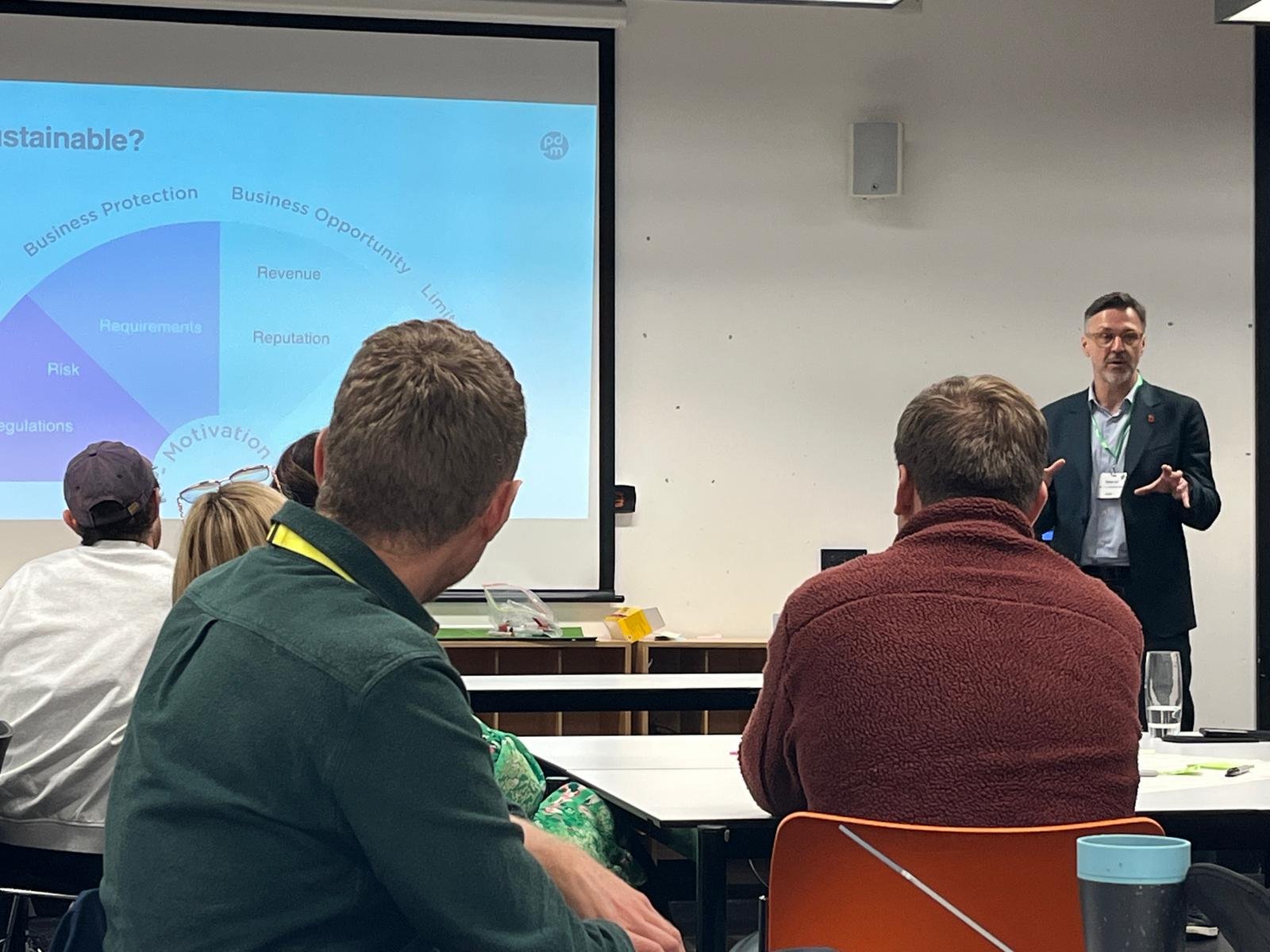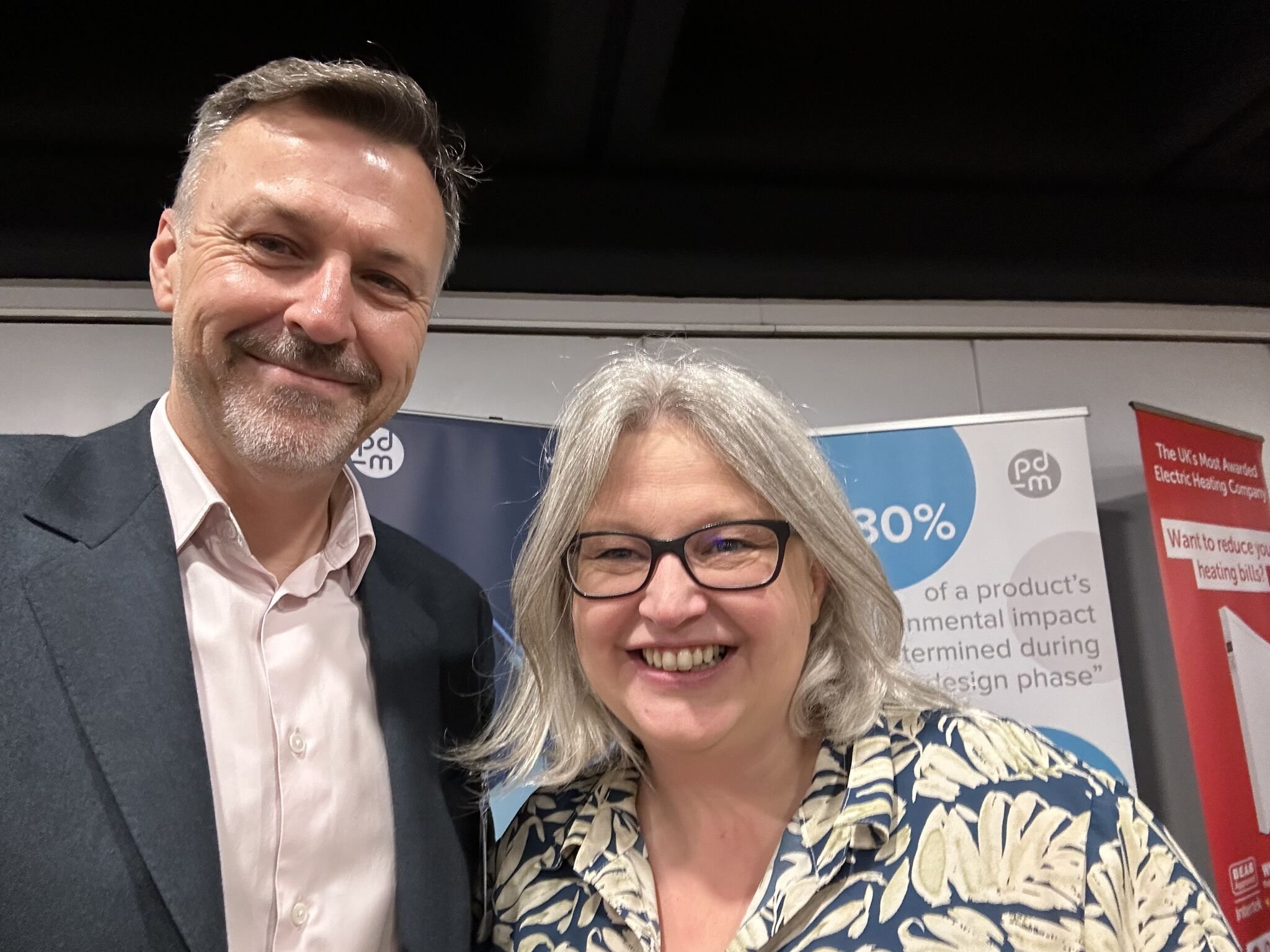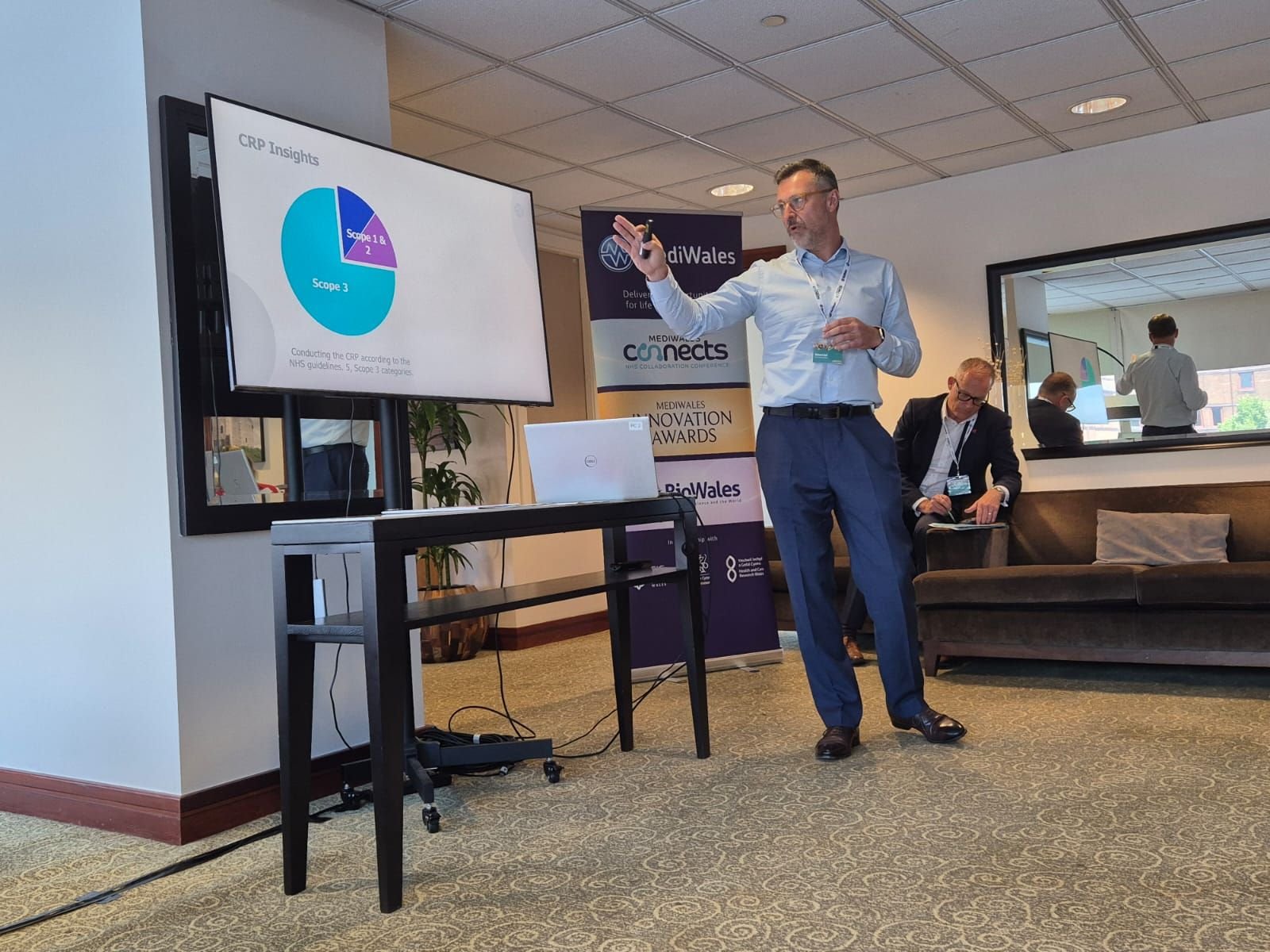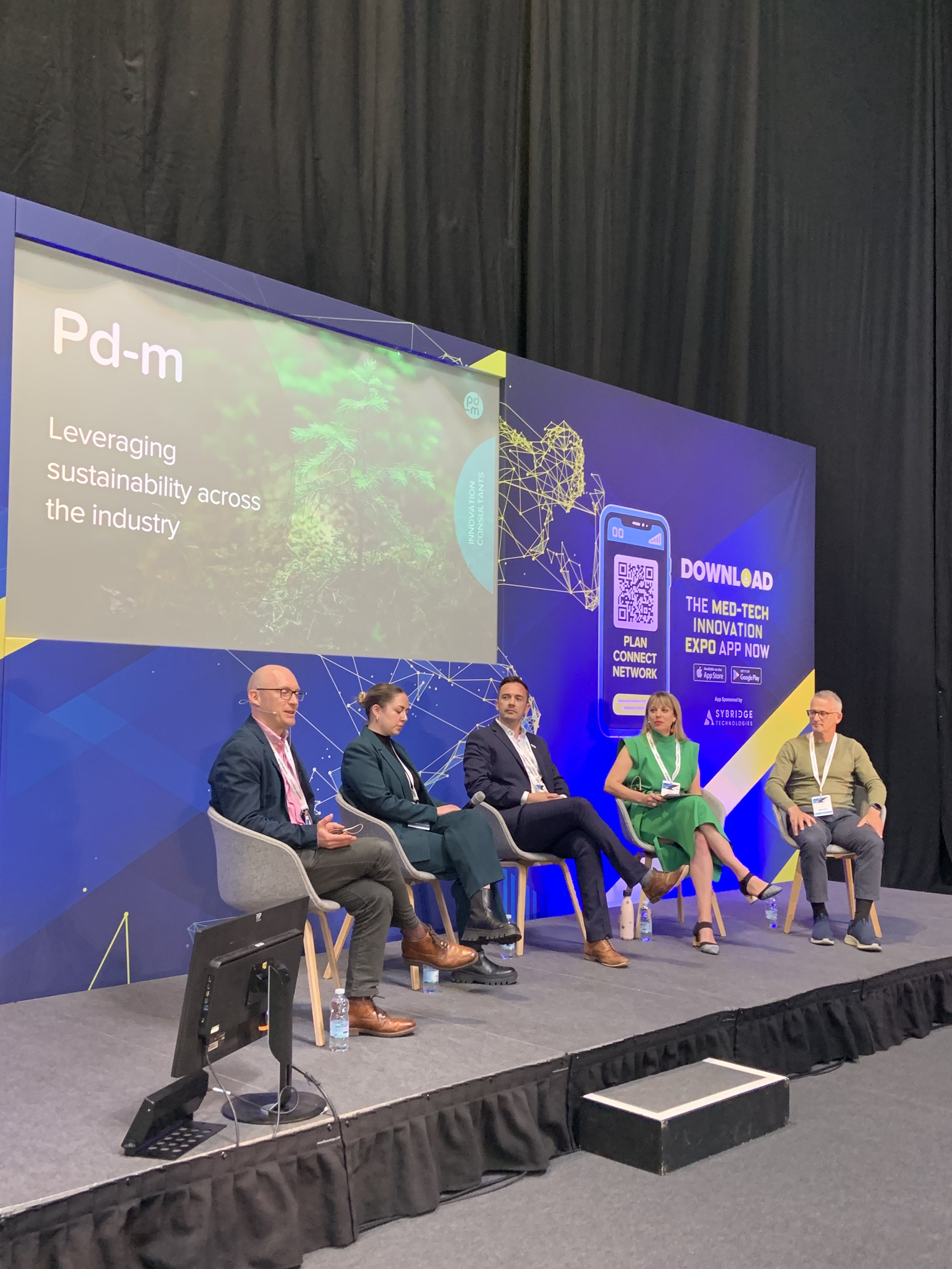Thank you to everyone who attended and stopped by our exhibition stand at SurgTech 2025. It was a pleasure reconnecting with familiar faces and meeting new ones throughout the conference.
This year’s event centred on the “3 shifts” outlined in the NHS 10-year plan:
- From sickness to prevention
- From analogue to digital
- From hospital to community care
Organised by the NIHR Health Research Centre, SurgTech continues to be a catalyst for innovation, bringing together the best in MedTech, research and clinical expertise.
From the welcome by David Jayne and Varaidzo (Vee) Mapunde, to opening remarks by Phil Wood outlining the scale and ambition of Leeds Teaching Hospitals NHS Trust, it was clear this is a community with drive and purpose.
Breakout sessions explored everything from Health Economics and Inequalities to Unlocking UK HealthTech Potential. The industry showcases – featuring Intuitive, Revolution-ZERO | B Corp Certified, Stryker, and more – gave a strong signal of the commercial momentum behind sustainable innovation.
Unlocking Product Sustainability Through Design
At Pd-m, we’ve long believed that design holds the key to product sustainability. That’s why we ran a survey at SurgTech 2025 asking delegates:
“How much of a product’s environmental impact is determined at the design stage?”
Only 8% of the 36 respondents answered correctly: 80%.
The majority – 55% – believed it to be 30% or less.
This knowledge gap is significant. The design phase defines key decisions – materials, coatings, assembly, packaging – that lock in environmental impact from the start. And with the NHS Net Zero roadmap pushing for reductions in supply chain emissions, the implications for medical device companies are clear.
For those looking to make meaningful change, design is the starting point.
Through our product development process, we help businesses:
Pull every lever of Sustainable Innovation – from material choice to advanced manufacture
Identify carbon hotspots across the product lifecycle
Apply Circular Design principles to reduce both carbon and cost, while increasing value
Whether it’s aligning with NHS goals or unlocking market growth, it’s a clear win-win.
Sustainability Masterclass: A Full House
Our Sustainability Lead Rich Shaw, together with Professor Pete Culmer (University of Leeds) and Consultant Surgeon Adam Peckham-Cooper (NIHR HRC), delivered a one-hour Sustainability Masterclass focused on circular economy and carbon reduction in MedTech.
With 30+ attendees and an oversubscribed session, it was clear that the appetite for actionable sustainability strategies is growing fast across the sector.
CEO Interview: Reflecting on 20 Years in HealthTech
Our CEO Richard Hall was invited to speak on camera about our journey in HealthTech—sharing what we’ve learned over two decades, our collaborations with Leeds Teaching Hospitals Trust and the University of Leeds, and how we see the future of healthcare innovation shaping up.
Let’s Keep the Conversation Going
If you’re a high-growth start-up or established organisation looking to embed sustainability into your MedTech product development, we’d love to chat.
Book a meeting with Rich Shaw to learn more about Carbon Reduction Planning and Lifecycle Assessment
Connect with Richard Hall to explore how strategic design can unlock new value
See you at the next event. Let’s build a more sustainable future—by design.















